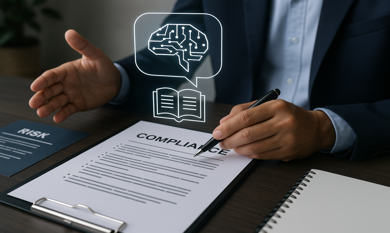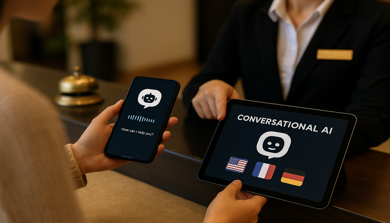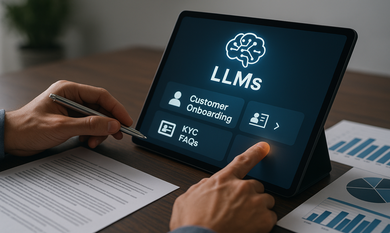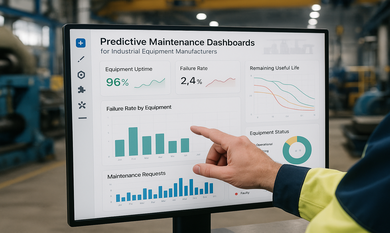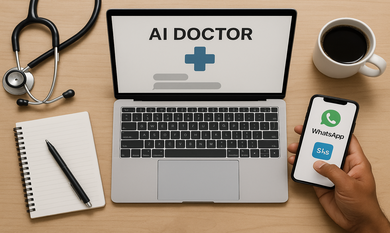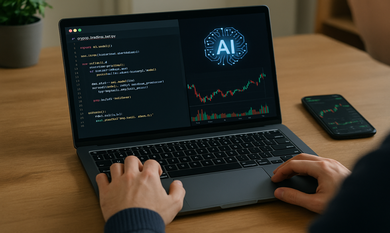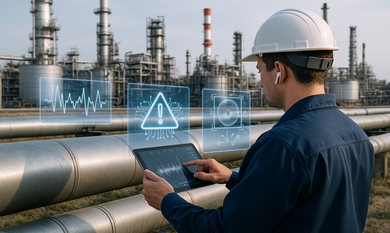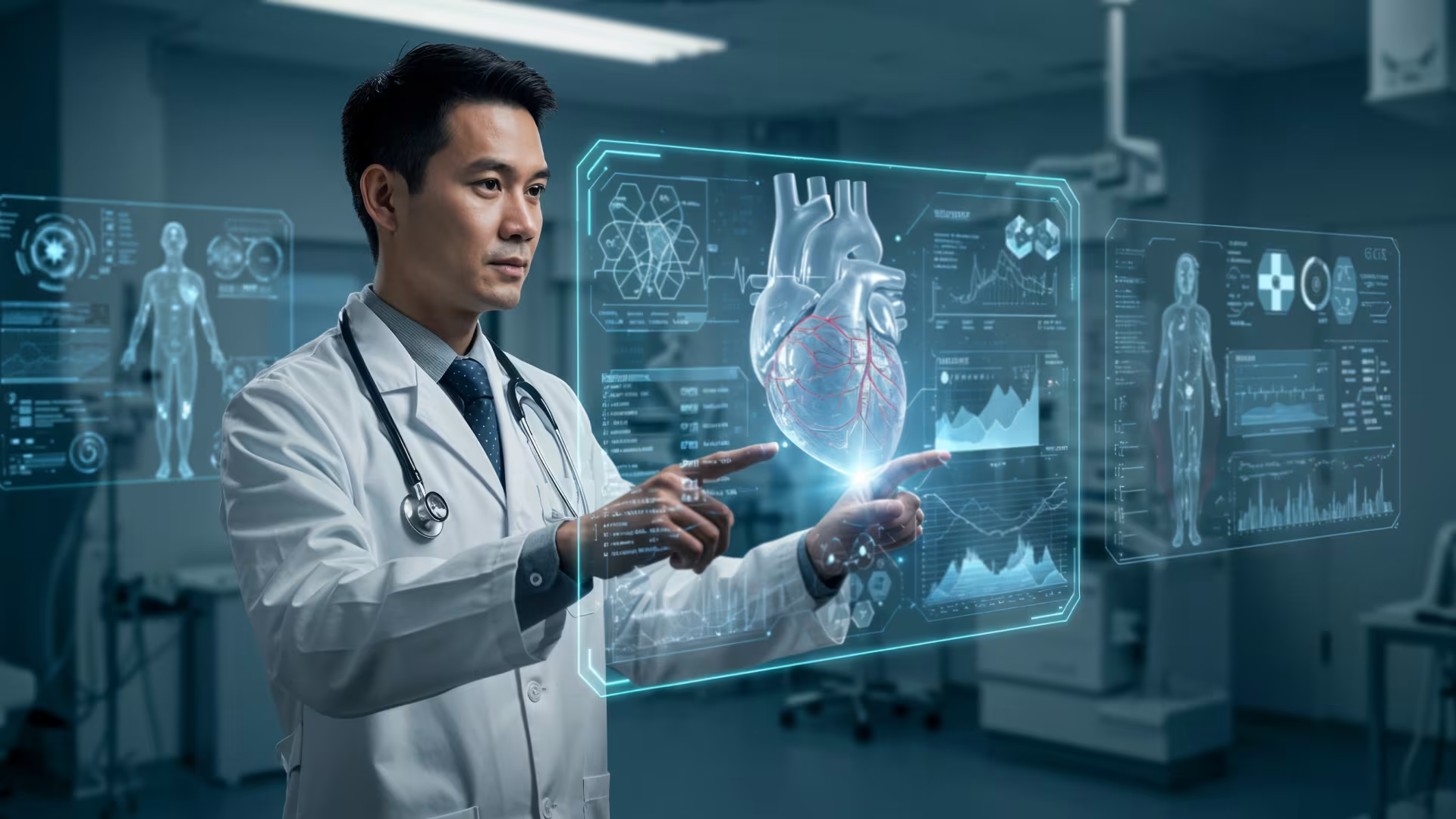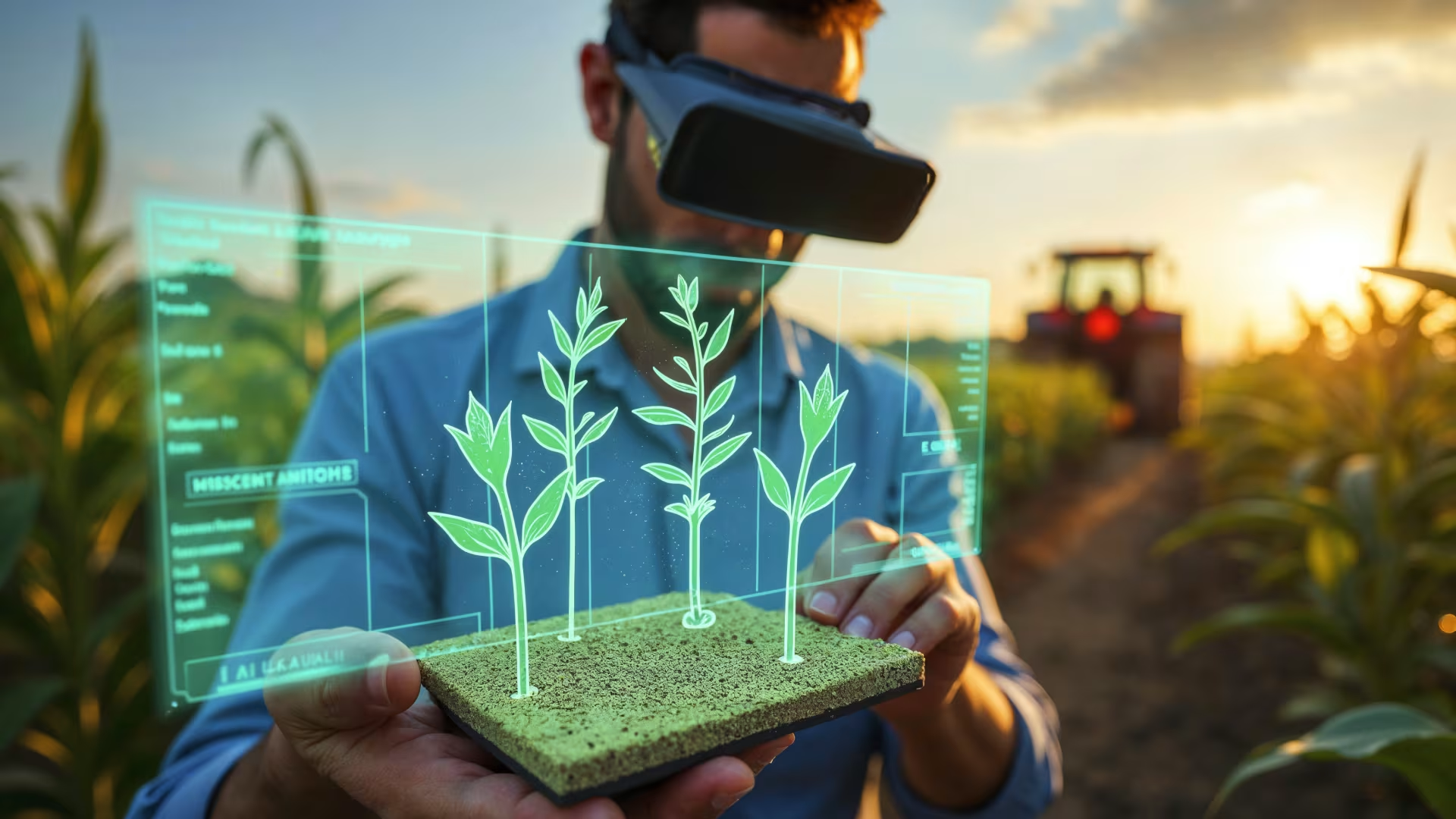The way we transport goods and passengers is transforming, thanks to intelligent solutions and technologies. According to studies, The global market for AI in transportation is estimated to reach 3.5 billion dollars by 2023. Let’s take a quick look at some practical use cases of AI and Machine Learning in transportation.
Self-driving Vehicles
Autonomous vehicles are one of the most ground-breaking AI applications. Autonomous vehicles, which were previously only a sci-fi fiction, have now become a practical reality. Despite the fact that many people were suspicious of this technology during its early stages of research, automated cars have already entered the transportation sector.
In Tokyo, self-driving cars have already begun to operate. However, for safety reasons, the driver currently sits in the car to take control of the taxi in the event of an emergency. According to the inventor of this self-driving car, the technology will lower the cost of taxi services, which will assist in expanding public transit options in rural areas.
Traffic Management
Sensors and cameras are embedded everywhere on roads to collect a huge amount of traffic data. This data is then transferred to the cloud, where big data analytics and an AI-powered system will be used to analyse and reveal traffic patterns. Data processing can provide useful insights such as traffic predictions. Important information such as traffic forecasts, accidents, and road closures can be delivered to commuters. Furthermore, people can be notified of the shortest path to their destination, allowing them to travel without traffic congestion. AI may be utilised in this way to not only reduce unnecessary traffic, but also to improve road safety.
Predictions of delays
Delays are particularly annoying in air transport. According to a study undertaken by experts at the University of California, Berkeley, the projected costs of aircraft delays in the United States are 39 billion dollars. However, financial loss is only one side of the issue. Delays have a negative impact on customer experience, supply chain efficiency, and passenger flying experiences in the civil aviation sector. Predictive analytics, the most advanced area of data analytics, is possible with big data and AI, allowing you to forecast future events (including delays) based on historical and real-time data.
You can create an algorithm that is effective at detecting and even preventing future delays using AI and machine learning. As a result, you’ll be able to reduce wait times, improve travel experiences, and even eliminate downtime. Airplane data assists you in planning all maintenance and repairs so that they do not interfere with your schedule. When it comes to passenger experiences, you can use real-time data and share part of it with them, allowing them to better plan their trip.
Vehicle detection using video
This feature is powered by a network of computer vision-enabled cameras. As vehicles pass, CV algorithms continuously scan the incoming data and analyse changing visual attributes. You can immediately spot accidents and other dangerous conditions that can create traffic delays and slowdowns this way. Stopped-vehicle detection and wrong-way vehicle warnings are common features of these systems. Producers frequently incorporate machine learning algorithms into them in order to learn new and increase their performance over time.
Maritime transportation: Smart Docks and ships
Intelligent sensors are increasingly being used in modern ports and docks to communicate real-time data to headquarters, making it easier to manage the port and monitor the flow of marine traffic through it. For example, buoys are increasingly being equipped with sensors that monitor tide fluctuations, water temperature, and a variety of other parameters in order to better control ship operations. Similar sensors are being put aboard ships more and more regularly.
The data from these three sources (buoys, ships, and ports) can be analysed using machine learning-based intelligent algorithms. This technology enables for quick and effective analysis and decision-making in the field of maritime traffic without the need for dozens of specialists.
CONCLUSION
As you can see, both technologies, AI and machine learning are major game changers in the transportation industry. They not only make things more efficient, but they also make it safer and less expensive. Both logistics and retail companies can transport items considerably more effectively with technology like autonomous trucks, predictive analytics, and smart traffic management systems.
If you have any questions about the solutions presented in this post, or would like to learn more about how AI or machine learning can be utilised to better your daily work, please contact us! We, at Theta Technolabs, provide both AI and machine learning consulting services. We’ll gladly assist you in identifying and developing the most effective AI-powered solution that will truly make a difference.
















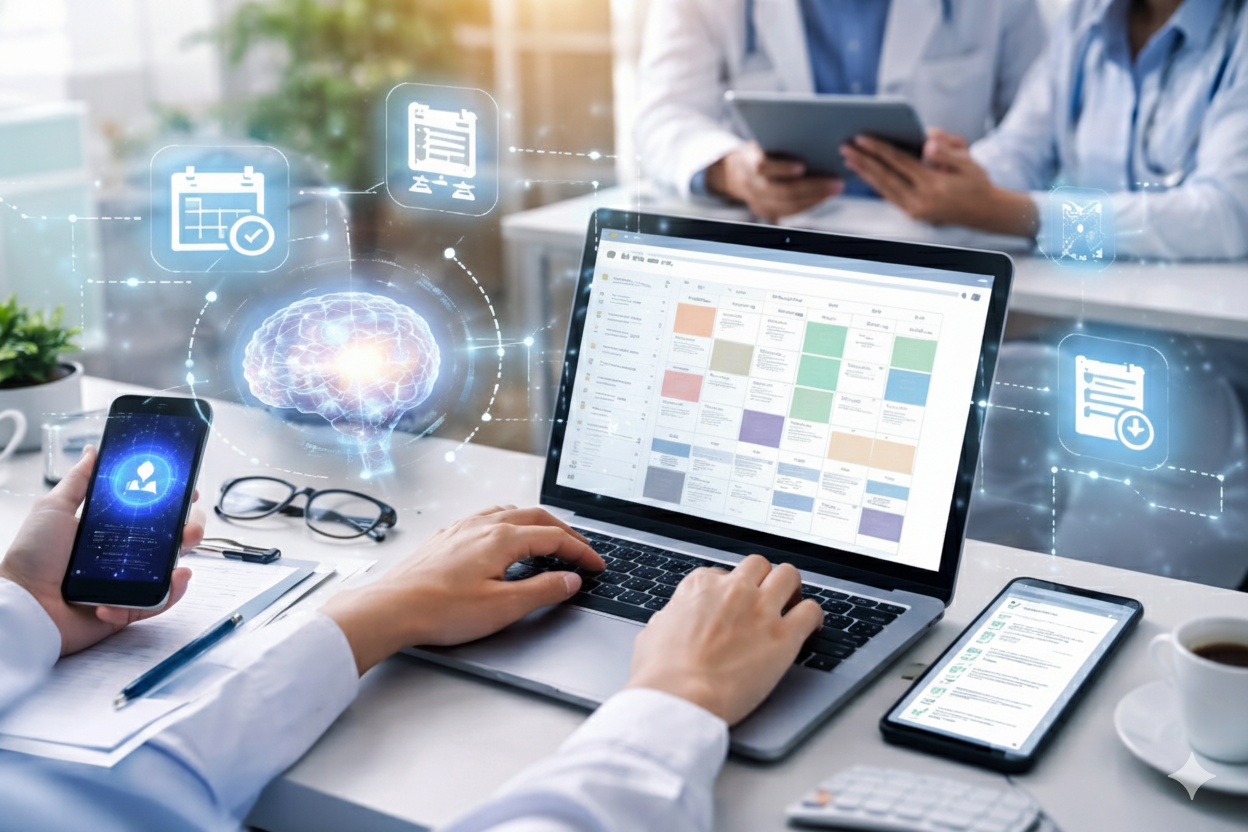
.png)
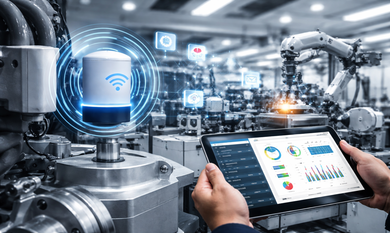
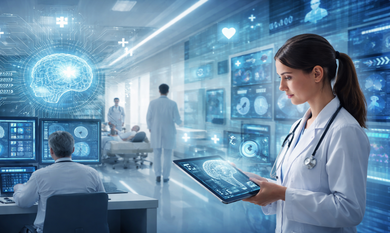







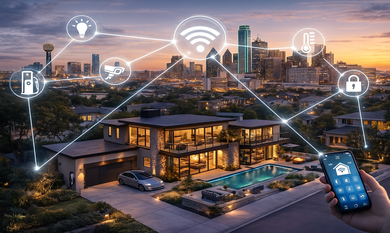
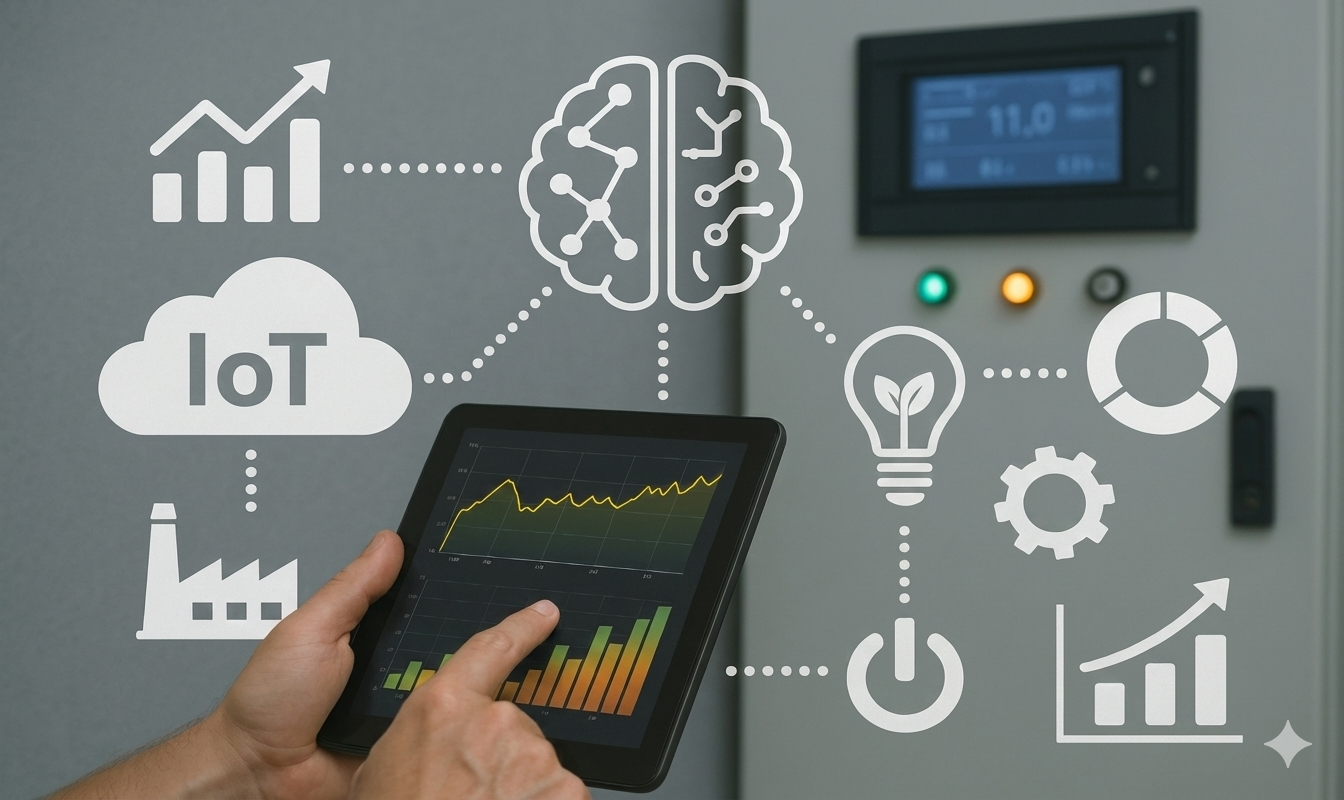
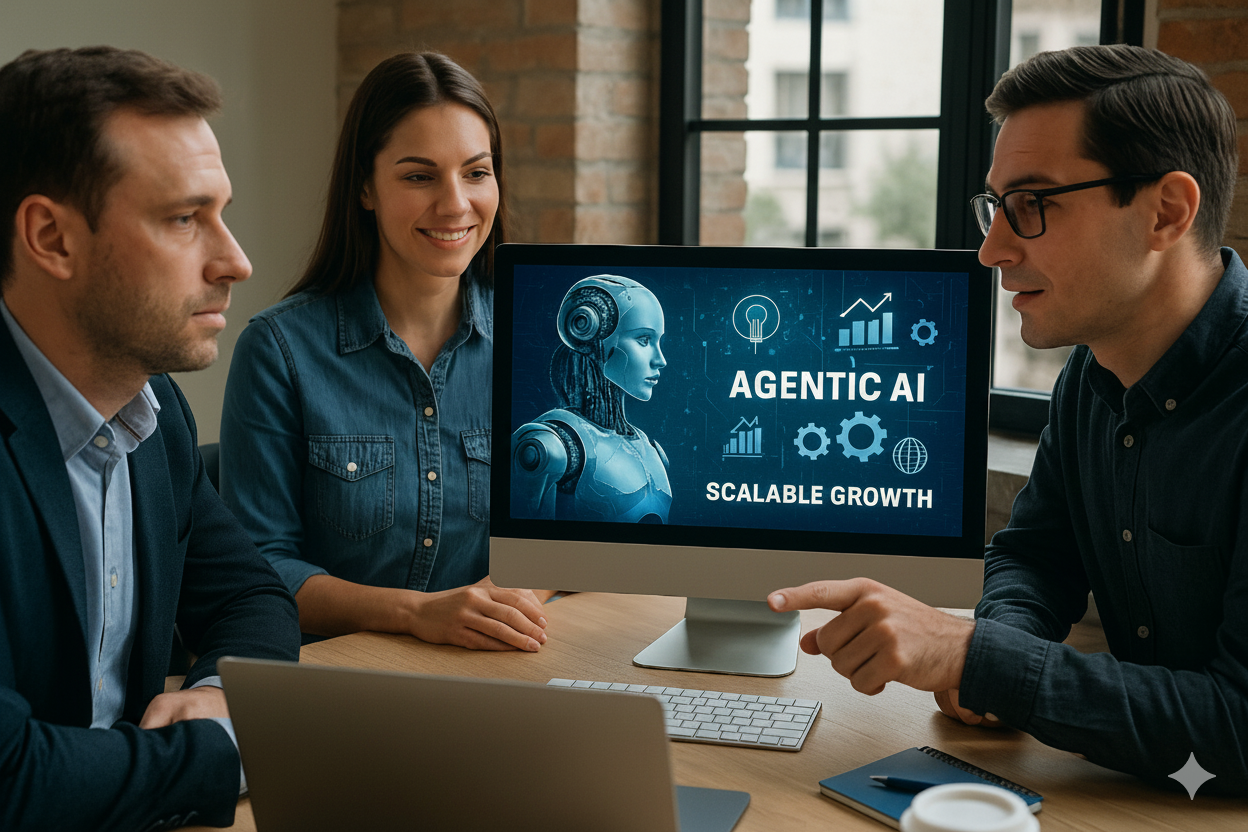
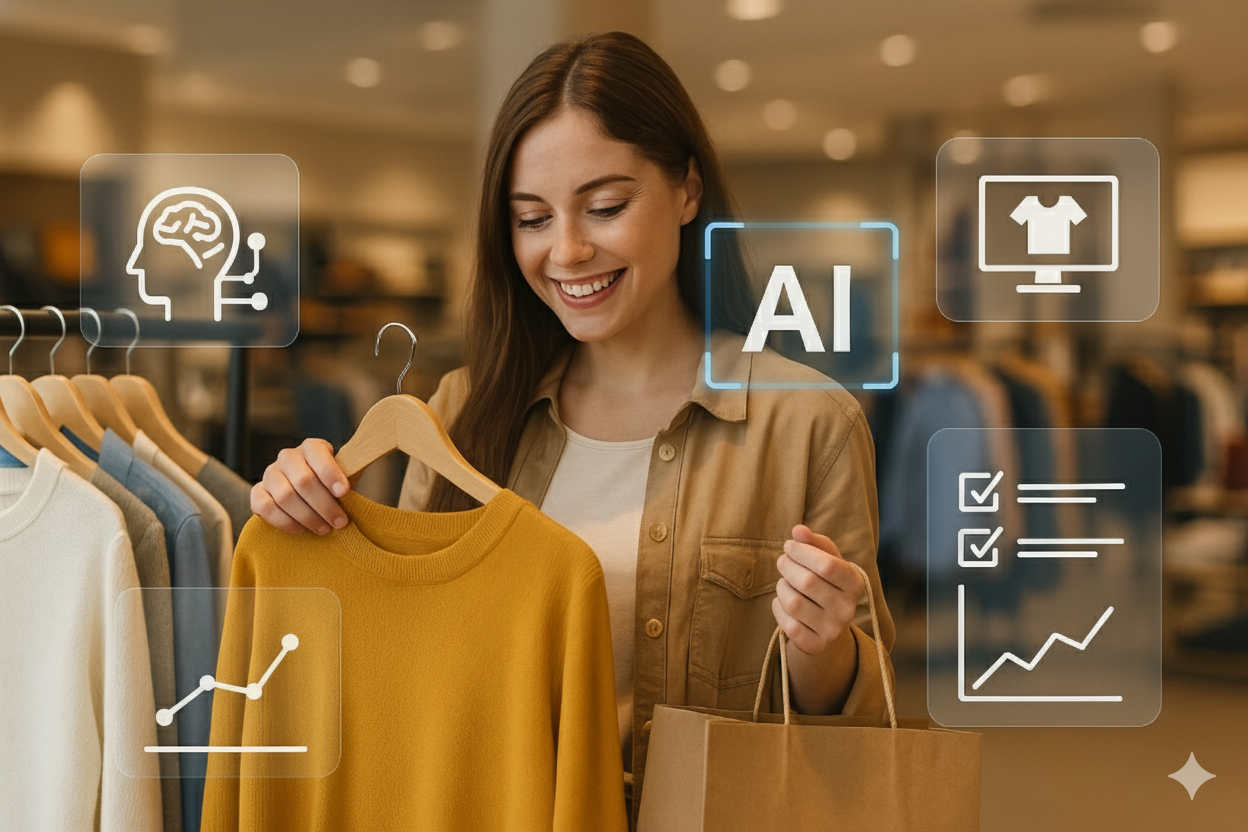
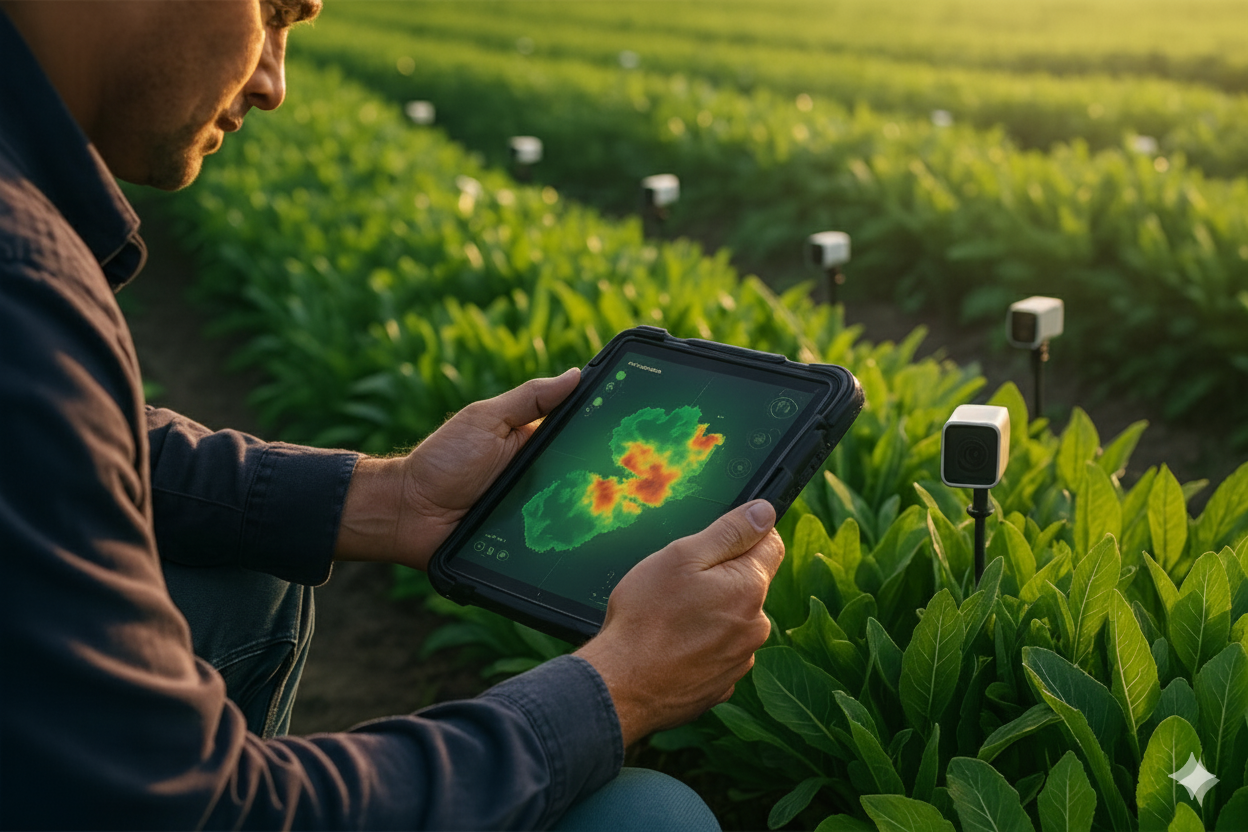
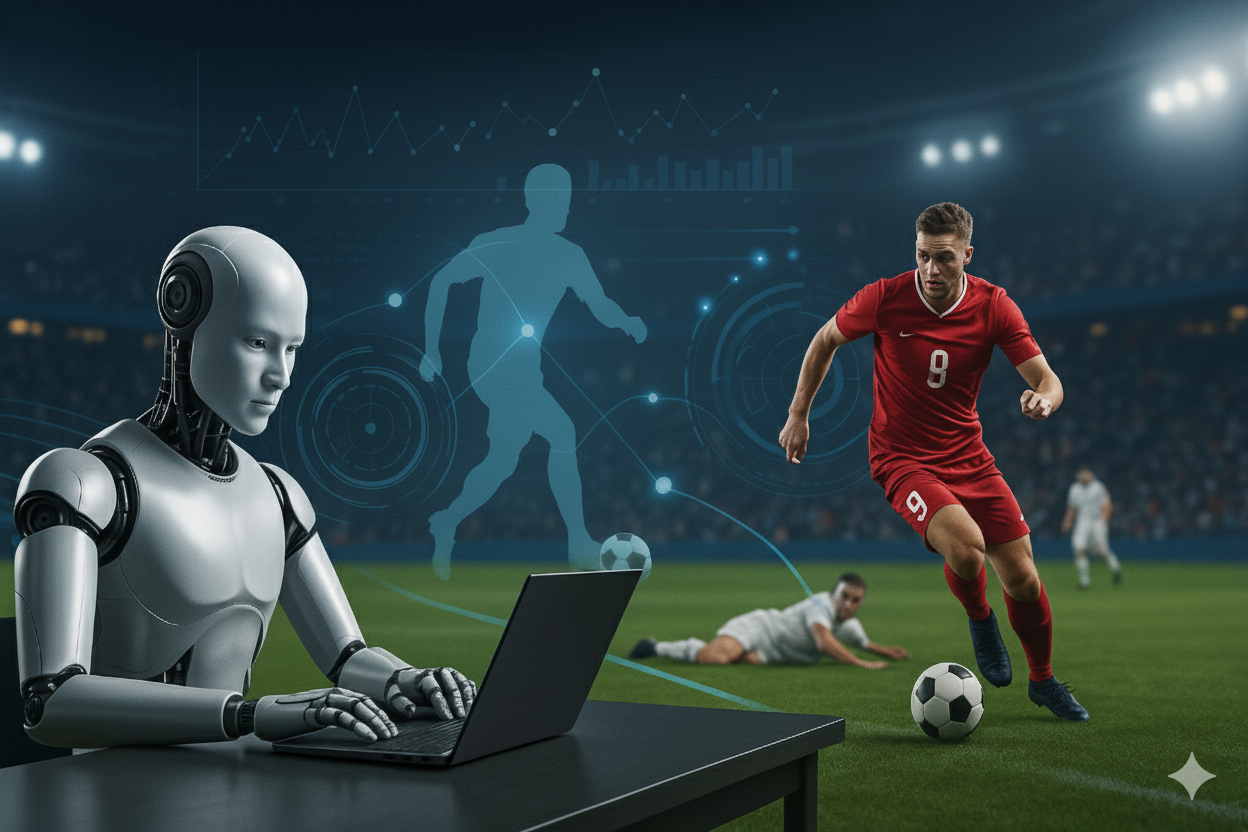

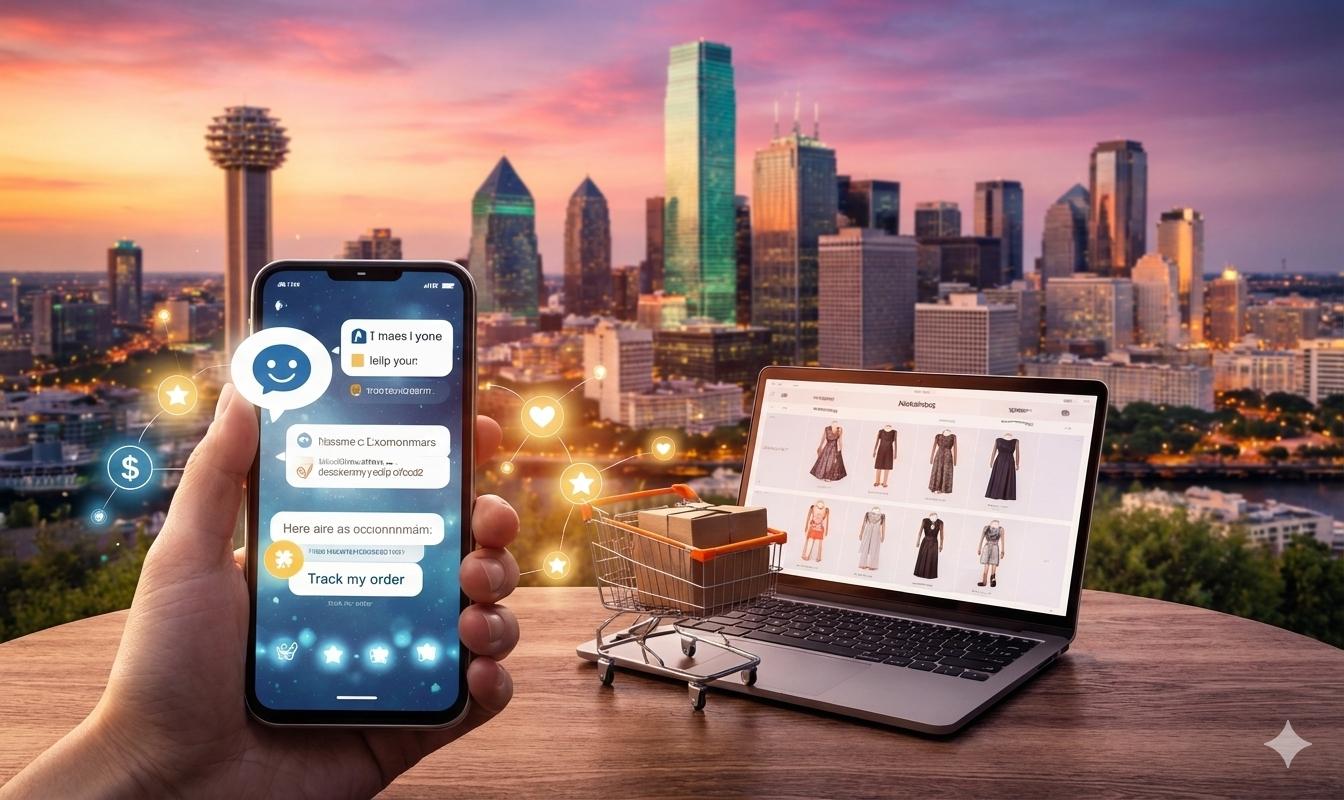
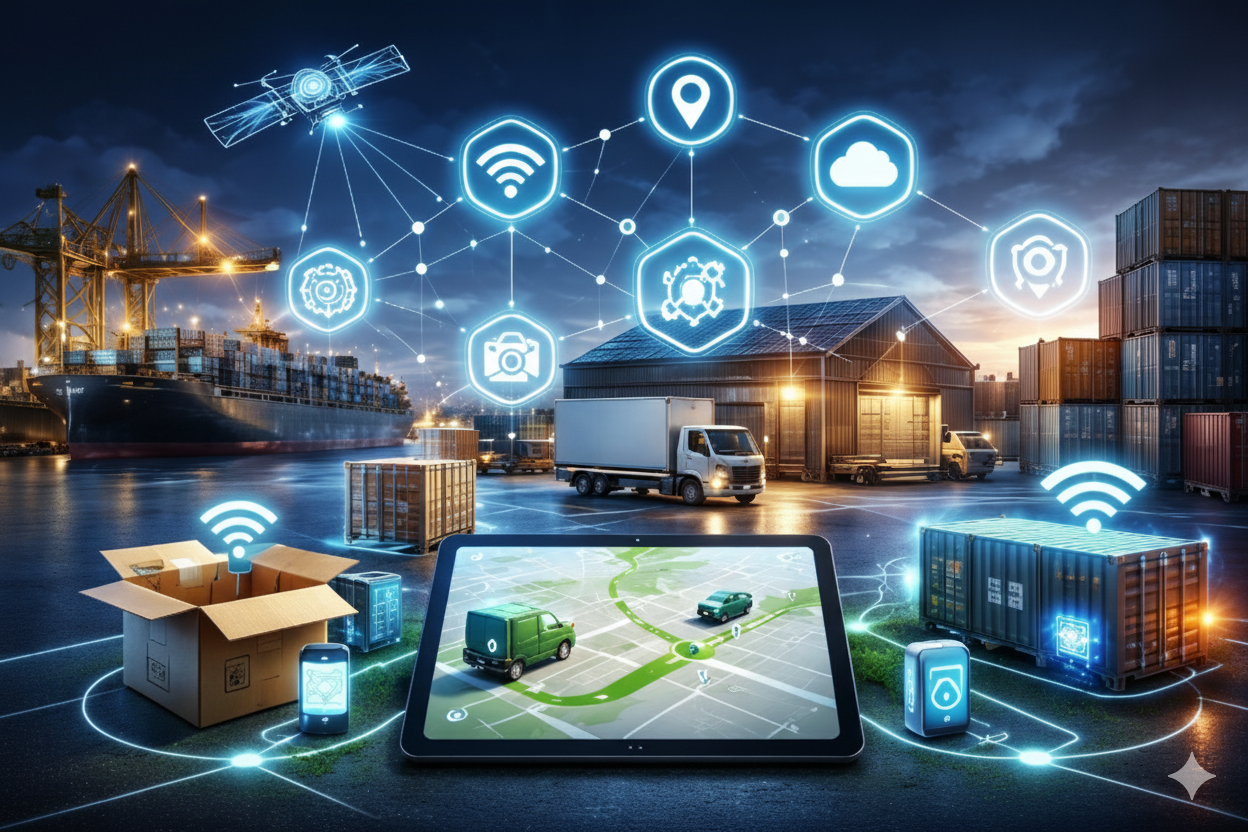
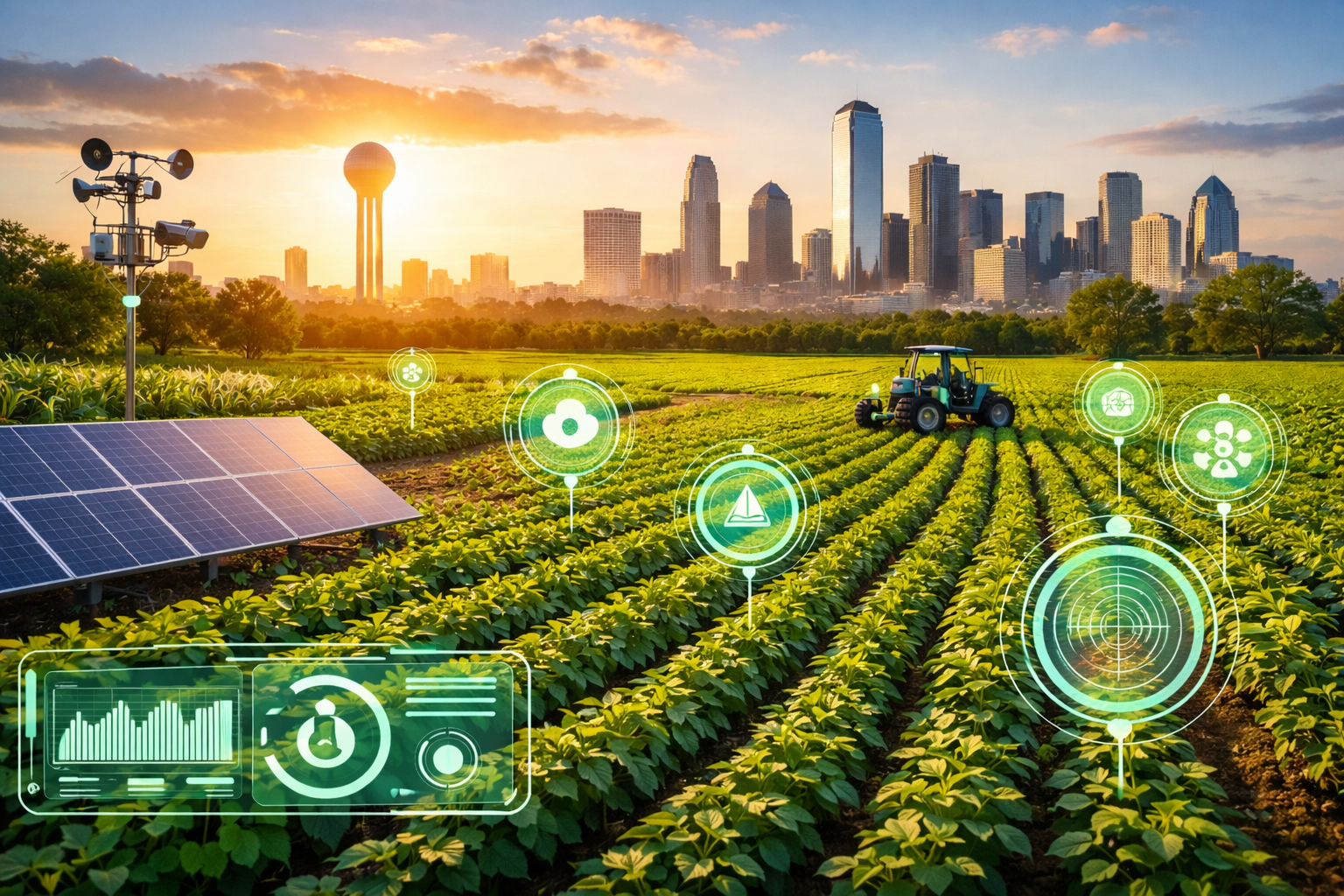

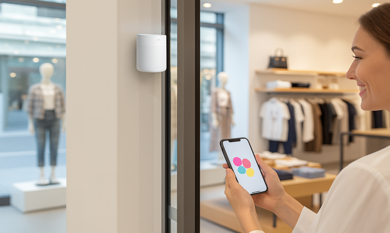
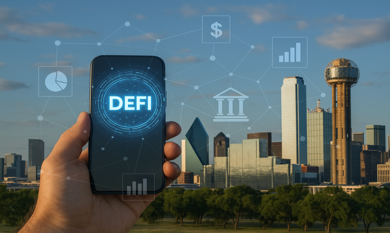

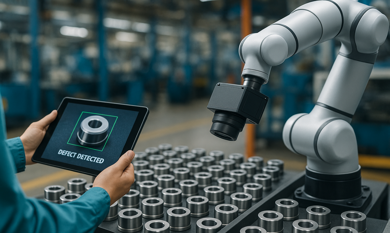
.png)

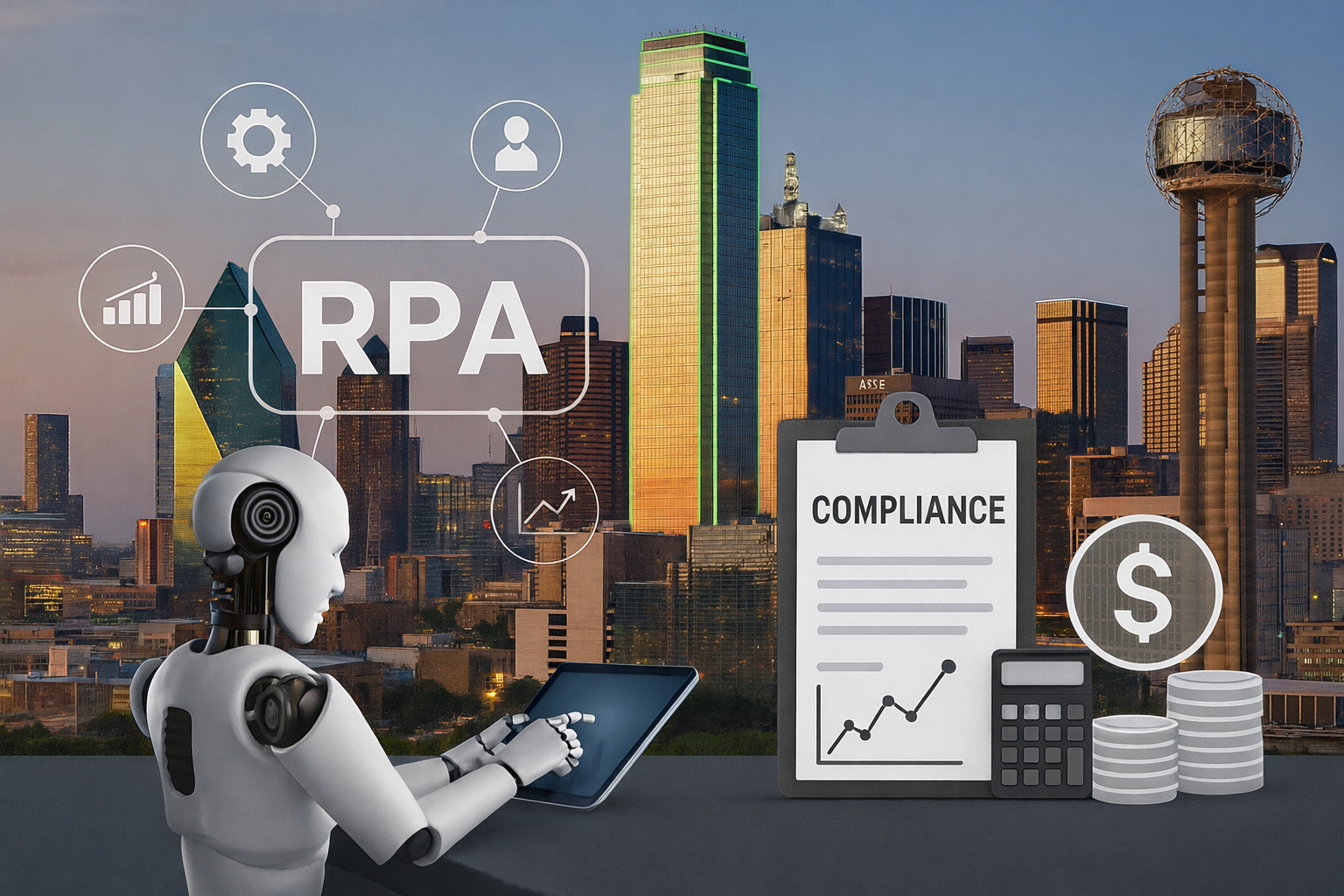

.png)


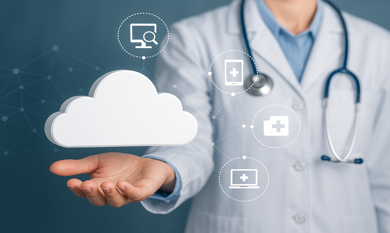
.png)
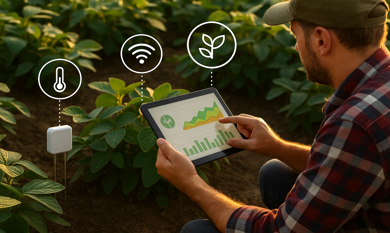




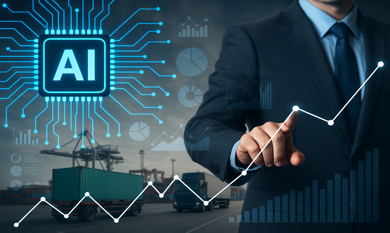


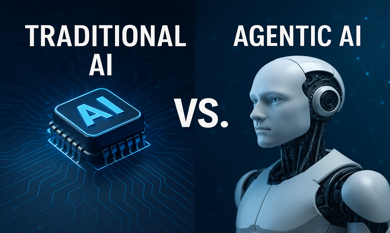
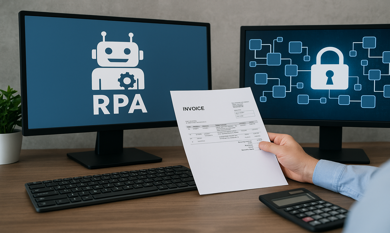

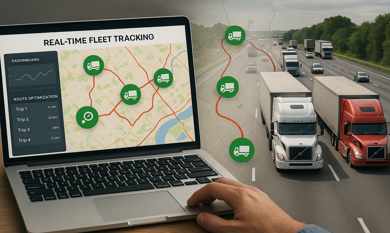



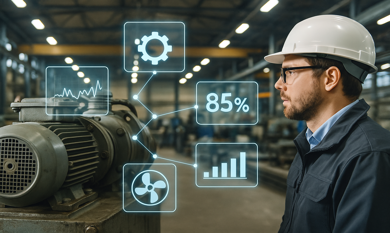
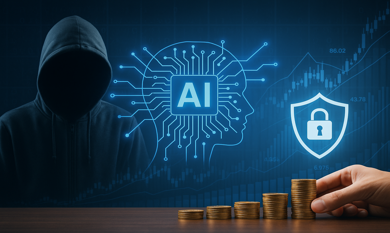
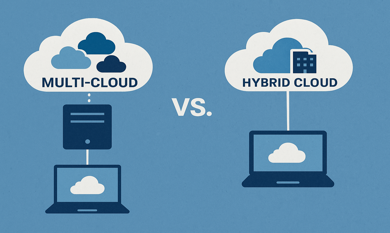
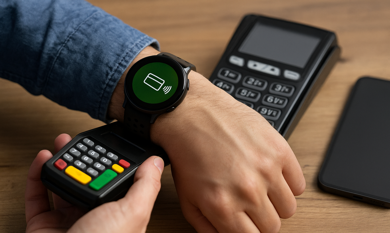
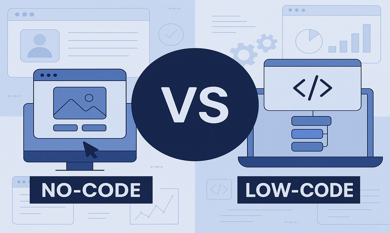

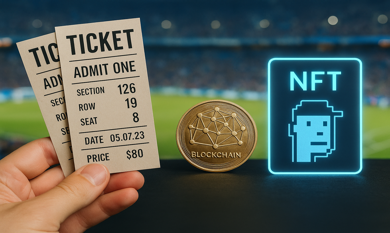

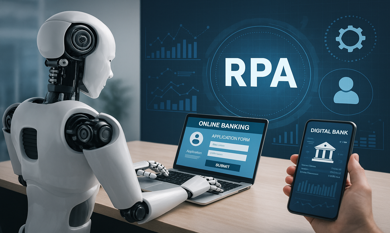

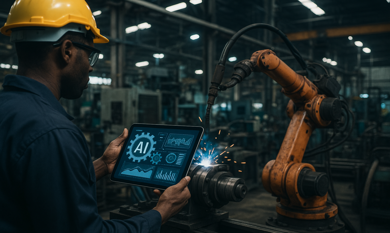
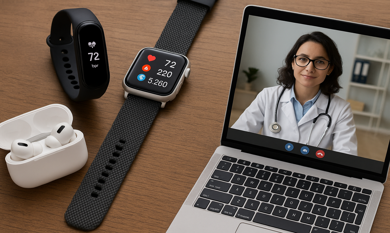

.png)
.png)
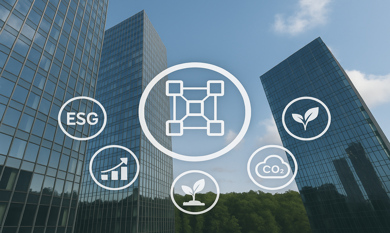

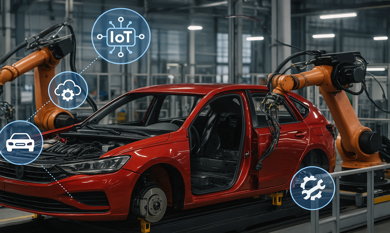



.png)
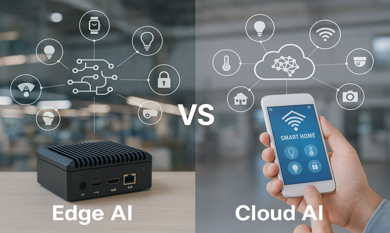
.png)
.png)
.png)


.png)
.png)
.png)
.png)

.png)

